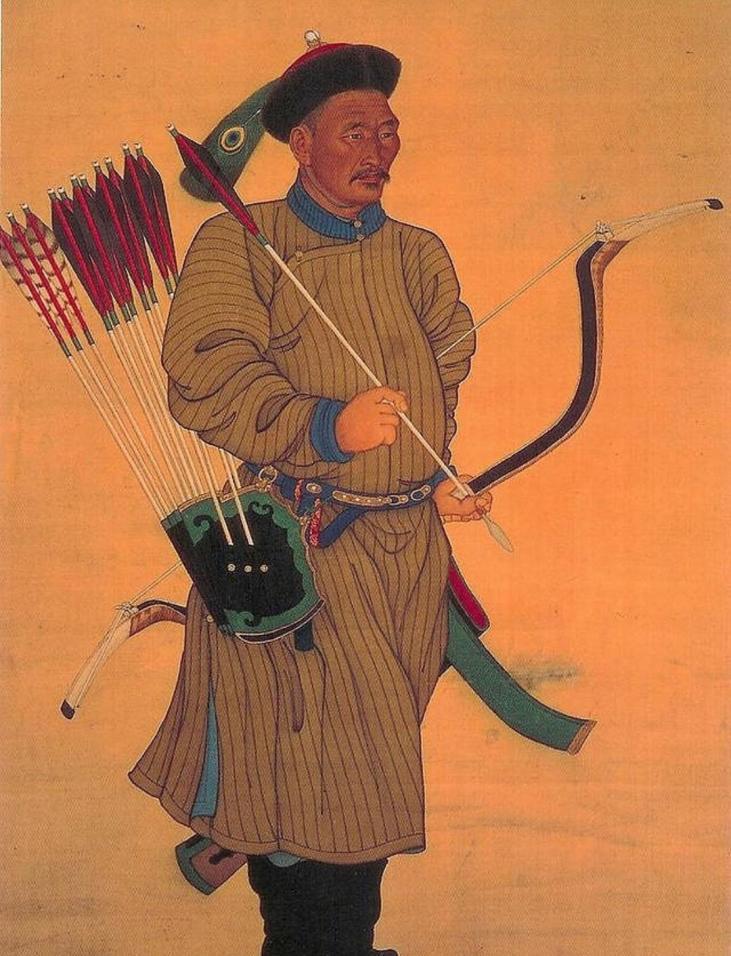
After the Qing Dynasty entered the Customs, the people under its jurisdiction were divided into two types: one was a civilian, that is, an ordinary person; the other was a banner person, that is, a Manchurian who was incorporated into the Eight Banners of Manchuria, a Manchurian who was incorporated into the Eight Banners of the Han Army, and the Solun, Hezhe, and Dahuer people who were organized into the Eight Banners of Manchuria after the Kangxi Kangxi Dynasty recovered Yaksa. It can be said that the Qing Dynasty was able to unify China entirely by relying on the armed support of the flag people. Therefore, the rulers of the Qing Dynasty treated the flag people very well.
In order to consolidate the fruits of victory, in addition to the Qing Dynasty leaving behind the Beijing Eight Banners stationed in Beijing, other flagmen who entered the Customs were sent to set up camps in various key places, which were sometimes called Qicheng or Mancheng. In addition, the Qing Dynasty also sent eight banner troops to the newly occupied frontier areas to reclaim the border. For example, The Manchurian Camp was set up in Xinjiang, and the Buthatun Pastoral Washem was established in the Mongolian steppe. In this way, the Manchus built a strict military system in China.
In order to dispatch the eight flags to participate in the war at any time, the Qing government required that the flag bearers must often practice military skills such as riding and shooting. Therefore, the early Eight Banners disciples had to practice exercises since they were born, such as horseback riding, archery, sword skills, and stone locks. Before and after Kangxi succeeded to the throne, the eight banner disciples felt that they had no worries about food and clothing, and had various privileges of breaking the law and being exempted from punishment. As a result, the Eight Banners gradually became corrupt. However, not all flag people are like this. When the Eight-Nation Alliance invaded China, the children of the Eight Banners also had people who dared to fight, and Lao She's father was one of the flag bearers who heroically resisted the death of the invading army.
At the end of the Qing Dynasty, even if the Qing government was seriously short of finances, it would still continue to issue feng lu to the flag bearers. Life is worry-free, and the Eight Banners disciples who hold official positions often feel that they have nothing to do. Therefore, they played tea siege, thrush, cricket fighting, gambling, kite flying, sitting in tea houses and other entertainment activities. In short, it's all about eating, drinking, and having fun. The picture shows the flag bearers who gather together to drink and have fun.
The picture shows the flag people fighting the clams, which is their biggest hobby.
Hire foreigners as tutors.
Flag bearer walking birds together.
Dress up the trendy flag man family. Just in response to Lao She's sentence, "The life of the Eight Flags disciples is that they are really rich and exquisite, and they are poor without money." ”
Meet the flag bearers who give each other a salute. The etiquette of the flag people is quite exquisite, and "meeting ceremony", "please be safe", and "farewell ceremony" are the three most commonly used etiquette of the flag people.
A mother and daughter of a flag man dressed in Manchu costumes.
Flag man walking birds in a rickshaw. Some of the Eight Flags are more shrewd, and they will use the power in their hands to make money. But no matter how big a mountain of gold is, there will be days when it will be eaten up.
Flag man smoking opium. In order to be able to smoke a mouthful of opium, many flag bearers who did not have enough money would often pawn the armor and weapons handed down from their ancestors. No matter how much it is, they will sell their houses, and even their own knights can sell them.
A flag man and wife who smoke opium together.
Ordinary flag people who are in the middle of the family road and live in great poverty.
Reduced to a flag bearer for beggars.
After the Xinhai Revolution, all the privileges of the flag people were abolished. As a result, many flag bearers who have no ability to make a living began to fall into trouble. At that time, the Banner people living in the city of Beijing, their poor people, had no way to borrow money, and lacked skills to make a living; as for the Banner People who lived in Tunju, most of them had no food and clothing, and women to thirteen or fourteen could not have pants, and they were in a lot of hardship. Poor Eight Flags women in order to make a living, many people became prostitutes! The picture shows the flag bearer who was reduced to a woman in the Qinglou.